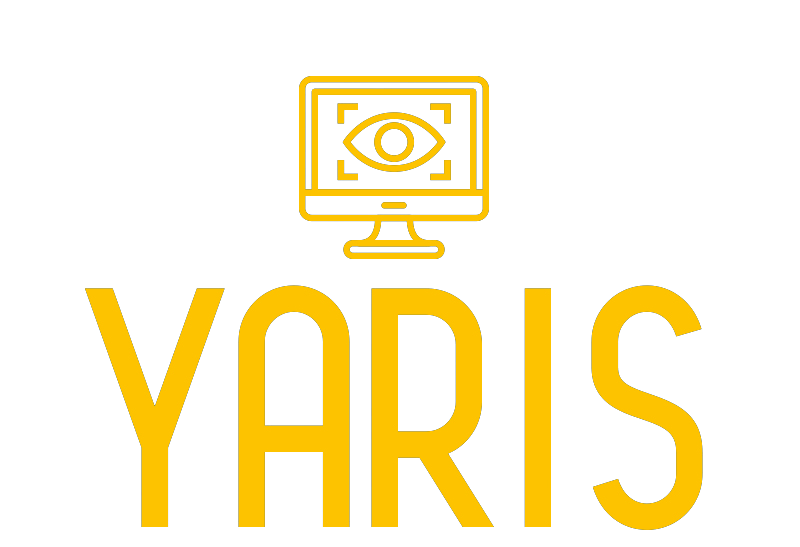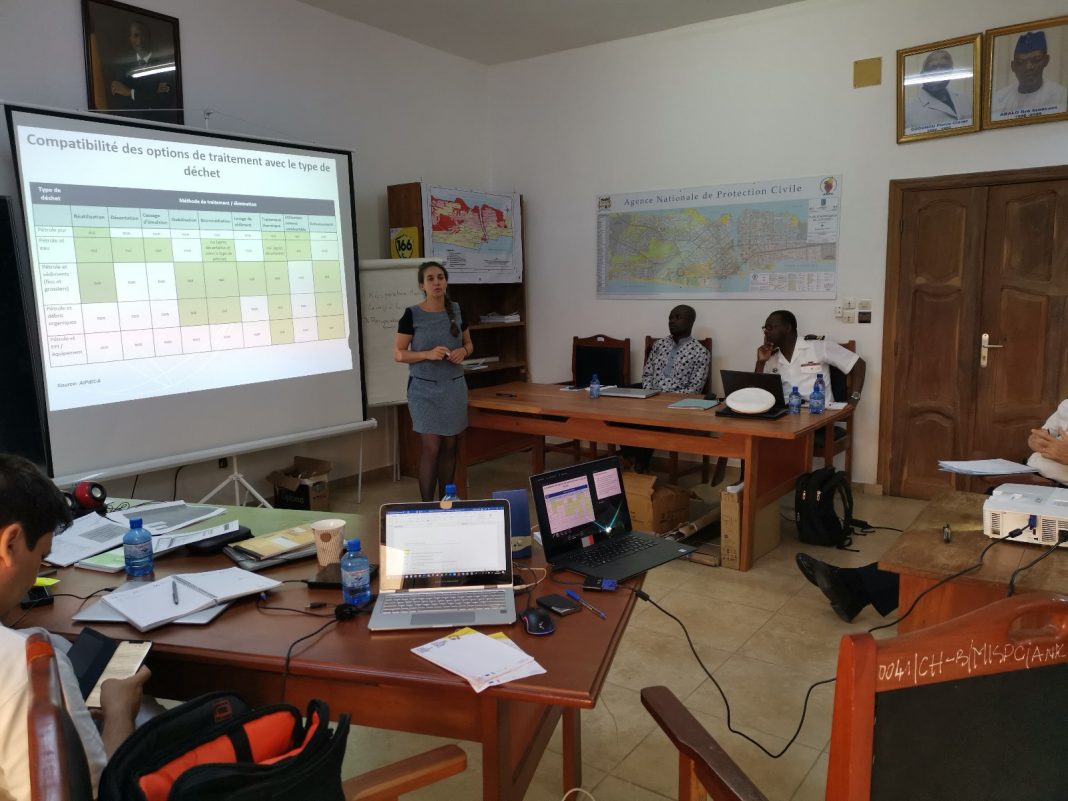At the request of Benin, and under the auspice of the Yaoundé architecture, GoGIN, in collaboration with GI WACAF, organized a national level training exercise on the fight against oil spill between 25 June and 4 July.
Articulated in three phases (theoretical teaching, national readings and full-scale training) the main focus of this meeting was to test the new crisis response apparatus integrating the Maritime Prefecture within the National Emergency Response Plan (PNIU) in the fight against oil spill.
The technical training, administered by experts from GI WACAF, covered topics useful to subsequent operations: emergency planning, recognition and identification of oil spillages, and international mechanisms for responsibility and compensation in cases of oil spillage. Each presentation was followed by a Q&A aiming to consolidate the knowledge acquired during the presentations.
The “national readings” phase was dedicated to ongoing revisions of the PNIU, which began in October 2018 during a workshop organized by the Maritime Affairs Department with the support of the IMO and the IPIECA.
The “exercise” phase of 2 July was preceded by a day of briefings and preparations and was piloted by Nuno Monica and Francois Marty (GoGIN training staff). According to the scenario established (a message from a fisherman alerting services to the presence of an oil slick in their zone), the various actors, centered around the Maritime Prefect, mobilized to test the different phases of the crisis response apparatus proposed in the PNIU (alert mechanisms, callback procedure, composition of cells, diffusion of initial information, the exchange of information necessary for decision making, situational analysis, strategic struggle proposals, logistical capacity, cost tracking, media tracking and the diffusion of press briefings, battle rhythm, briefings, situation reports and activity reorientation, tracking the spill, notification of local residents affected by coastal pollution, notification of those working on the ground, etc.).
Running parallel to this, at the level of the MOC, was the examination of standard procedures (SOP), tools and all other instruments at its disposition.
The third day was consecrated to a general debriefing on the exercise and the development of a sensitivity map specifying the different zones: fishing, sensitive, in need of protection, high risk, waste storage, and all other information capable of influencing strategic decision-making in this struggle.
Opened by the CV Maxime Ahoyo, Maritime Prefect from Benin, this event brought together forty agents from fifteen different administrations involved in the fight against maritime pollution. Finally, of note in the interest of regional cooperation, 4 participants came from the Maritime Prefecture and from neighboring Togo’s Department for the Environment.
The commissioning of the Maritime Prefecture, expected in the near future, will allow Benin to respond even more effectively to its ambitious aim to secure its maritime space.

